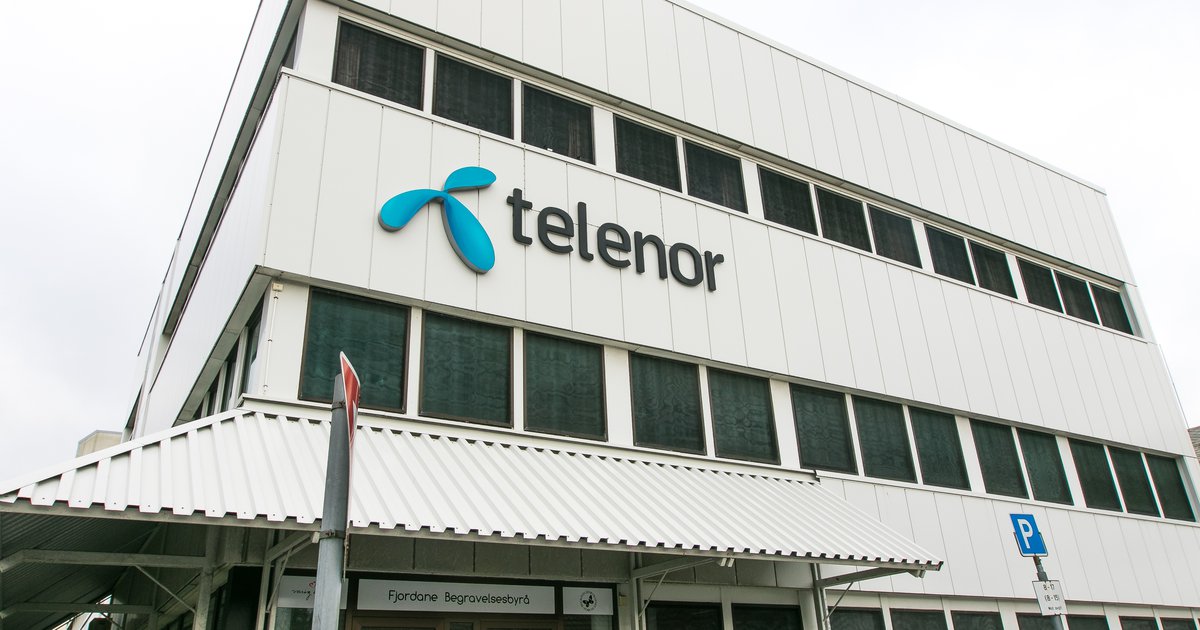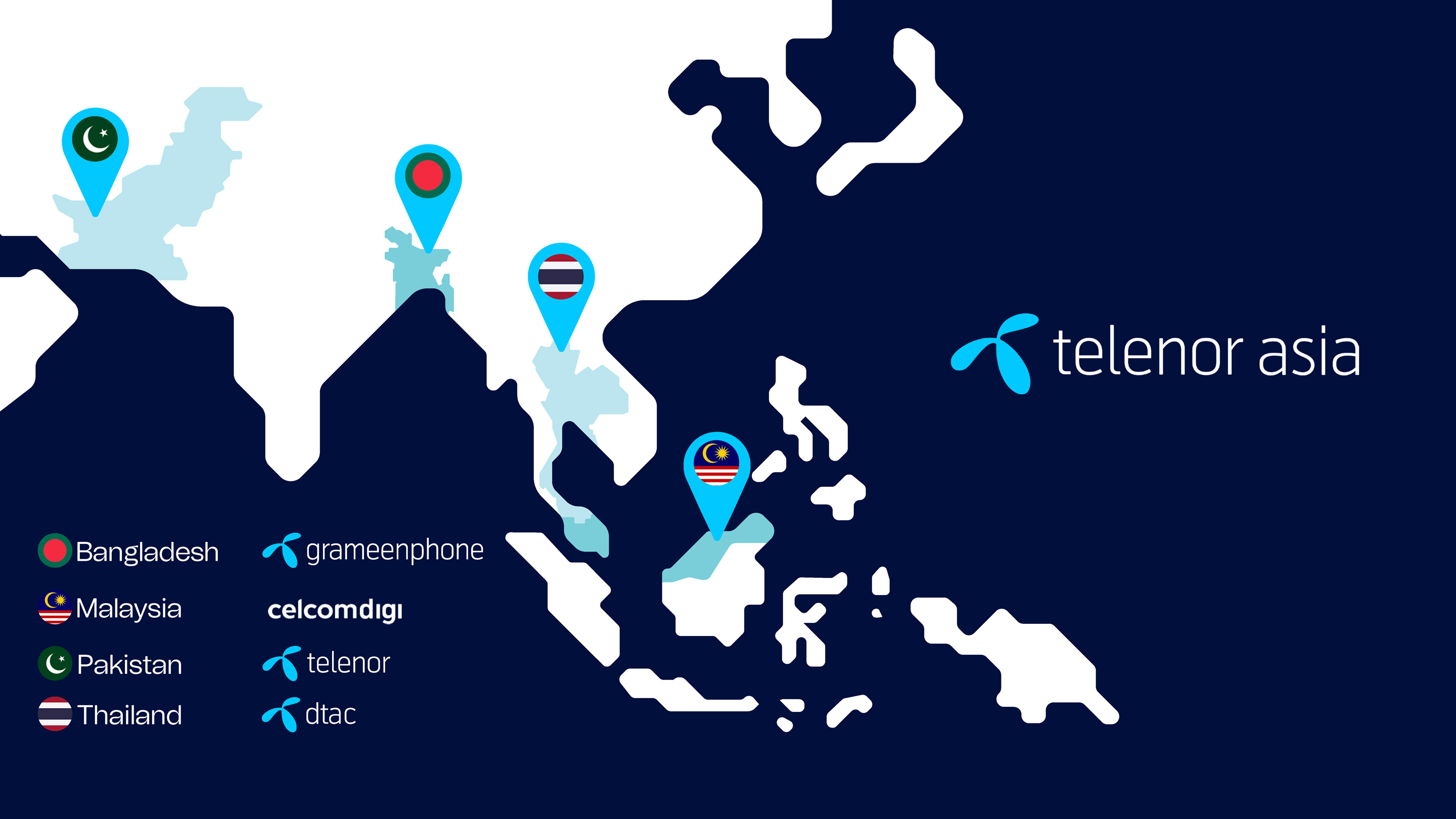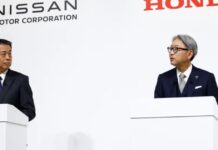In the competitive world of business, every market presents its unique set of challenges and opportunities. Recently, Telenor’s CEO, Sigve Brekke, shed light on the complexities of doing business in Pakistan, emphasizing the hurdles faced by investors and companies alike.
Brekke highlighted the formidable obstacles encountered in the Pakistani business landscape, citing them as key factors contributing to Telenor’s decision to exit the market. One significant issue discussed was the difficulty in repatriating profits, a crucial aspect that influences investor confidence and long-term sustainability.

Contrasting Scenarios: Bangladesh vs. Pakistan
Drawing a comparison, Brekke pointed out the contrasting scenario in Bangladesh, where Telenor continues to successfully generate dividends, ensuring a more favorable environment for business operations.
Telenor’s journey in various markets over the past two decades has been marked by strategic decisions aimed at adapting to changing circumstances. In India, the company merged its operations with Airtel, responding to evolving market dynamics. Similarly, Telenor divested its Myanmar unit following political unrest and merged operations in Thailand and Malaysia to streamline its presence.
Exit from Pakistan
In December 2023, Telenor announced the sale of its Pakistan operations to Pakistan Telecommunication Company Limited (PTCL), aligning with its strategic realignment efforts.
Contrary to speculation, Brekke clarified that Telenor has no plans to withdraw investments from Bangladesh or merge its Bangladesh unit, Grameenphone, with others. He emphasized the importance of understanding market changes and adapting strategies accordingly to ensure sustainable growth and competitiveness.
From Mobile Adoption to Service Provision
Reflecting on market dynamics, Brekke highlighted the shift from an era of rapid mobile phone adoption to one focused on providing diverse services to consumers. This evolution necessitated strategic decisions such as mergers to strengnthen market positions and effectively address changing consumer needs.

In markets like Thailand, Malaysia, and Bangladesh, Telenor’s strategic mergers have facilitated the attainment of significant market shares, ensuring a strong competitive foothold. However, in Pakistan, such consolidation seemed unfeasible, further underlining the unique challenges faced in different market contexts.
Brekke’s insights underscore the importance of agility and strategic foresight in navigating the complexities of global business landscapes. By understanding market dynamics and proactively adapting strategies, companies like Telenor strive to not only survive but thrive in an ever-changing business environment.
Stay tuned to Brandsynario for latest news and updates.









































